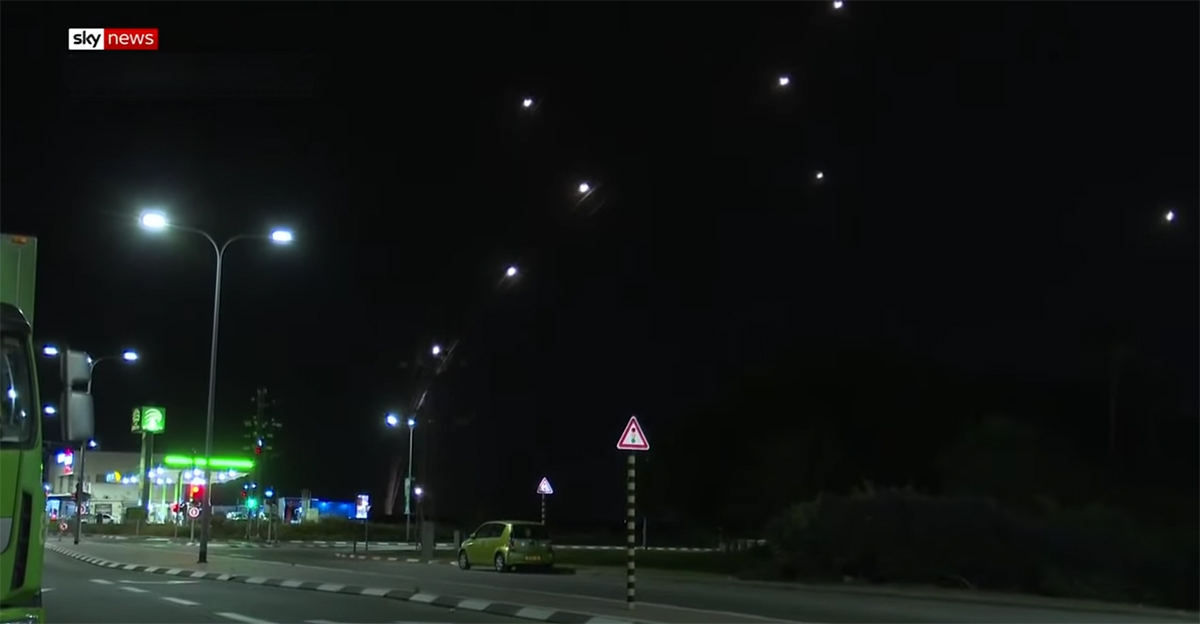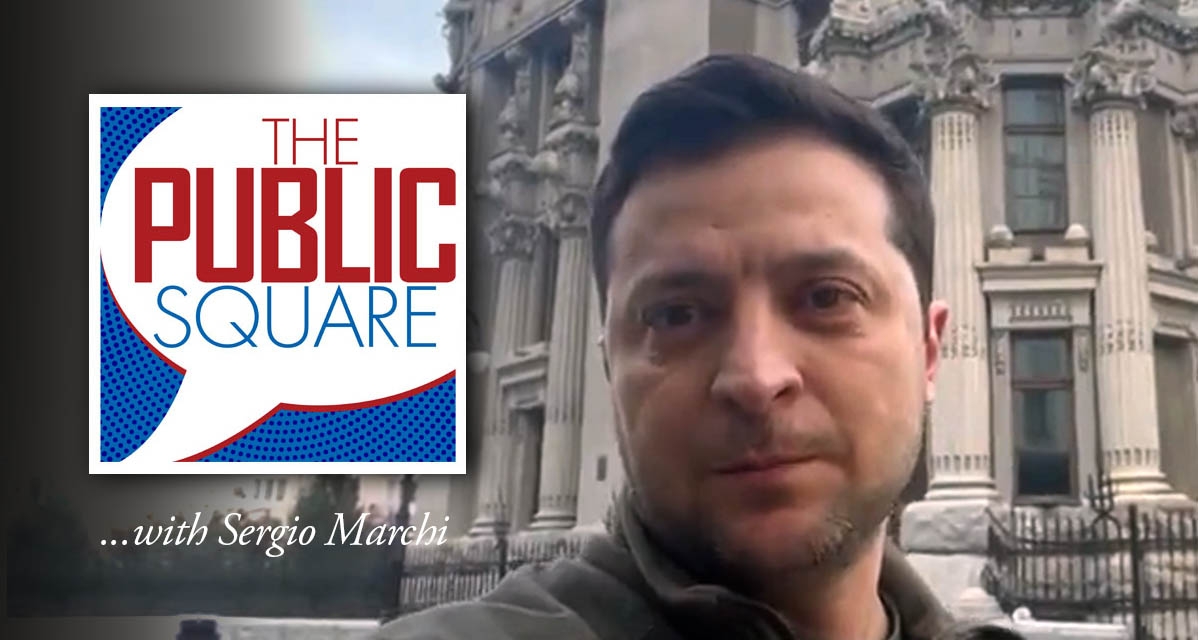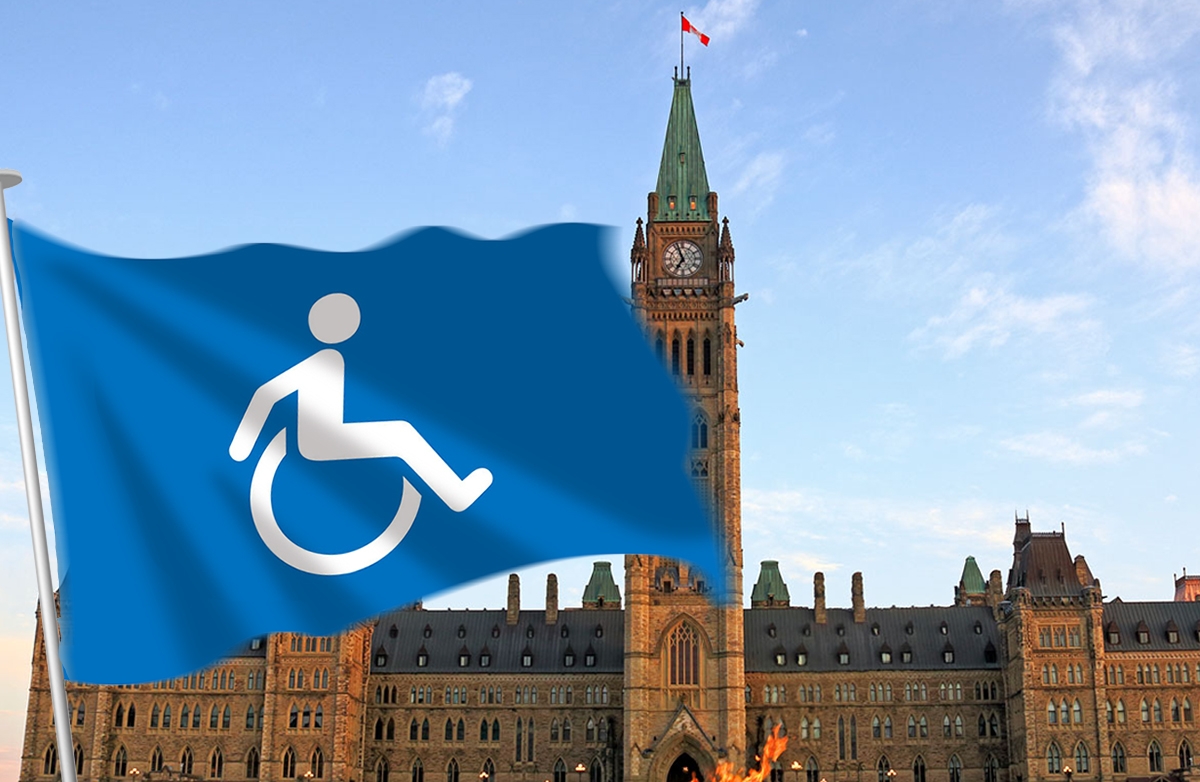
The recent Gaza war — back to basics
ABOVE: Israel’s Iron Dome works to blowup incoming Hamas rockets in Tel Aviv. (May 11, 2021, IMAGE VIA SKYNEWS)
Peter Beinart wrote two important pieces in Jewish Currents, one last summer that claimed, “The painful truth is that the project to which liberal Zionists like myself have devoted ourselves for decades—a state for Palestinians separated from a state for Jews—has failed.” Early this month he published a second essay on the right of return for Palestinian refugees in which he proclaimed: “If Palestinians have no right to return to their homeland, neither do we.” While I have written sporadic criticisms of the one-state option and a sustained detailed and comprehensive criticism of his opting for the right of return of Palestinian refugees, unlike Peter, I have not revisited my basic presumptions.
Perhaps it is because I, unlike Peter, began as an anti-Zionist and only came to liberal Zionism later in my life. But the present situation needs, indeed demands, revisiting basics, even though I found Peter’s laudable effort to be both empirically and logically very flawed. The recent Gaza 2021 war has made that fundamental re-evaluation even more imperative and urgent.
A major reason is the huge chasm between what the IDF accomplished in the latest Gaza war and the more important larger failures. When, after prayers finished in the al-Aqsa Mosque and the largest proportion of the worshippers left peacefully, a relatively small group of protesters (in the hundreds) began taunting police, waving banned Palestinian flags and some throwing stones and other even more lethal missives which the police claimed were Molotov cocktails. The police dispersed the “rioters” with batons, rubber bullets and stun grenades. It was this dispersal that was carried in the media, not the provocations.
Why? First, the media coverage was intended to reveal that those who police the al-Asqa plaza are brutal thugs. Secondly, as Ismail Haniyeh, the Hamas top official in Qatar, proudly pronounced, though Hamas “concluded eleven long and painful days of war and absorbed enormous damage,” Hamas had the following more important successes worth the sacrifice:
- The rocket attack took Israel by surprise.
- Hamas demonstrated it could send its rockets into the population heartland of Israel.
- Hamas demonstrated that it could surmount the blockade and import long-range rockets.
- Heavy rocket barrages launched toward multiple locations almost simultaneously almost overwhelmed Israel’s Iron Dome antimissile defense system.
- Hamas demonstrated that Israel could no longer dominate the Palestinians with impunity.
- By standing up to the militarily far more powerful Israelis, according to Hamas, Palestinians proved to the whole world that Jerusalem belonged to them.
- Though a bare majority of Palestinians already strongly believed that the Al-Asqsa Mosque was under threat by Israelis, this perception was heightened, broadened and dramatized, reinforcing a trend that went back to 1921. (Cf. Yisrael Medad “The Roots of the ‘Al Aqsa is in Danger’ Myth: Alfred Mond and a Speech Distorted,” 21 May 2021.)
- Hamas not only ensured that Palestinians could wallow in their victimhood, but used the collapsing high-rise buildings in Gaza to remind the world of the collapsing New York towers in 2001, but not the radical Islamicist threat that produced that result.
- Upset the delicate balance of Jewish-Arab relations within Israel.
- Reversed the effort to erase the identity of Israeli Arabs as Palestinian and reinforced the idea of a shared identity.
- Hamas has for a period made its own people forget how inept and corrupt its rule in Gaza has been.
- Hamas emerged in a position to proclaim itself as the undisputed leader of the Palestinian cause.
These were visual and ideological victories, not military gains on the ground. The accomplishments were media ones on the assumption that the media dimension of modern warfare is far more important than actual military victories. Those unequivocally went to the IDF which:
- Demolished hundreds of millions of dollars of military infrastructure
- Proved that the Hamas effort to launch an attack by sea, using miniature submarines, was a total failure
- Destroyed numerous anti-tank missile crews
- Intercepted Hamas spy and strike drones
- Most importantly, blew up miles of underground intra-Gaza tunnels and bunkers in the “Metro” as well as cross-border terror tunnels
- Tricked the Palestinians into emerging from the tunnels only to be met by bombs rather than a land invasion
- Targeted and killed numerous Hamas military leaders (Israel claimed that at least 100 high-ranking military leaders from Hamas and Islamic Jihad, were assassinated during the conflict.)
- Proved, thereby, the effectiveness of Israeli intelligence
- Used much greater precision targeting for bombing buildings and infrastructure
- Minimized the collateral damage compared to the 2014 war; only 248 were killed, not over 1,400, and only 66 were “children,” noting that some of them were teenage child soldiers and an estimated 25% of the deaths were the result of Hamas rockets falling short and landing in Gaza, not Israel
- Avoided a ground war in which there would have been many more casualties, both Palestinian and Israeli
- Prevented Hezbollah from joining the war effort from the north.
However, military shmilitary victory! First, Operation Guardian of the Walls only restored “quiet and security to Israel” for perhaps five years; it did not remover the threat. Further, was acquiring a few years without any measurable violence even relevant when Hamas won the media war? As Honest Reporting noted, “In the past two weeks, we’ve seen an unrelenting onslaught of media bias against Israel waged by Canadian news providers, the likes of which we have never seen before. In the backdrop of recent hostilities between Israel and Hamas terrorists, our [Canadian] media singled out Israel for opprobrium, perpetuated outright falsehoods, and resorted to grotesque moral equivalences.”
Did it matter if the war was not won but merely set the stage for another war within ten years? As Abu Marsouk said, the war will only end when Jews end their occupation of Arab land and leave Palestine. “There will be no compromises allowing Israel to continue existing or the Jews to remain in the land.” This is a declaration of absolute jihad. The Jews are illegitimate occupiers of Arab land, the last expression of European colonialism, and there can be no compromise with colonizers.
Further, the majority of Palestinians believe that Israel’s true goal is to occupy the entire land of Palestine and ethnically cleanse enough Palestinians to ensure they maintain a clear and unthreatened majority. Jews even intend to rebuild their temple on the ruins of the al-Asqa Mosque. Thus, Hamas won an enormous ideological as well as media victory. In the media victory, they were brave victims of an overpowering military force. In the ideological war, they were in the position of David out to totally destroy the threat of Goliath.
- Hamas declared victory because it survived the behemoth.
- Hamas declared victory because the international community overwhelmingly identified and supported the Palestinians.
- Hamas declared victory because it emerged as the pro tem true leader of Palestinian self-determination.
How did Israelis respond to the end of the war? There was a sigh of relef. There were no demonstrations declaring victory. There were some demonstrations of Jewish and Palestinian Israelis who pledged to continue to work to create a nation where all its citizens would have equal rights and there would be no inter-ethnic violence. Israelis, for a short time elated in emerging from the fog of the pandemic, were by and large depressed at the idea that the war had not accomplished anything permanent nor resolved the threat from Hamas. Israel’s readiness to agree to a cease-fire was perceived by Hamas as weakness. 72% of Israelis opposed the ceasefire. Hamas leaders have already threatened to open the next round of fighting. As Deputy Chief of Hamas, Musa Abu Marzouk, boasted, this “was not the final war with Israel. There will be more.” War will end when we negotiate the exodus of the usurping Jews from Palestine. Justice will reign and Palestinians will get what is justly theirs. The sacrifices will be painful. Victory will demand patience. But in the end, the Jews will leave.
The surprise is that, in spite of Hamas clear and unequivocal statements about its intent to exterminate Israel and expel the Jews from all of Palestine, the conversation in America, Israel’s key international supporter, has shifted. More specifically, Black Lives Matter (BLM) has moved the centre of gravity around the Israeli-Palestinian conflict. (Cf. “’From Ferguson to Palestine’: How Black Lives Matter changed the U.S. debate on the Mideast,” Sean Sullivan and Cleve R. Wootson Jr., Washington Post, 22.05.2021.) Note the following:
- The BLM organizer who compared her clashes with police to those faced by Palestinians: “A ceasefire ends the bombardment — not the violence.”
- Melina Abdullah, co-founder of the Los Angeles chapter of BLM: “Being in solidarity with the Palestinian people is something that’s been part of our work as Black Lives Matter for almost as long as we’ve been an organization.”
- Rep. Cori Bush (D-Mo.), a former BLM organizer, on the House floor stated that the Palestinians have endured “military occupation, policing, and apartheid” and “our own government is funding a brutal and militarized disposition towards our very existence — from Ferguson to Palestine.”
- The language of “apartheid Israel” has now become mainstream, reinforced, of course, by reports of B’Tselem, Yesh Din and Human Rights Watch;
- Rep. Jamaal Bowman (D-NY): “As a Black man in America, I understand on a personal level what it means to live in a society designed to perpetuate violence against people who look like me…My experience of systemic injustice, including being beaten by police at 11 years old, informs my view of what’s happening right now in Israel and Palestine.”
- The official BLM organization called for “Palestinian liberation.”
- BLM pressed the Democratic Party to dramatically alter its approach to the long-standing Israeli-Palestinian conflict.
- BLM has shifted the debate “from a tangled dispute over ancient, often-confusing claims to the far more familiar turf of police brutality and racial conflict.”
- As Arielle Angel, the editor of Jewish Dissent, has written, “The Black Lives Matter movement can claim credit for helping masses of people understand the mechanisms of structural racism and oppression, and for consistently linking the Black struggle to the Palestinian one.”
- In Toronto Canada, Jews from If Not Now and Canadians for Justice and Peace in the Middle East (CJPME), alongside Palestinians and other allies, celebrated a shabat in Christie Pits Park immediately after the ceasefire and petitioned Justin Trudeau to stop arms sales to Israel.
- Instead of a conflict between two peoples over the same territory, the conflict is now seen as one in which, Palestinians have long been evicted, terrorized and treated like second-class citizens.
More significant than the growing split within the Democratic Party in the US between the progressives and traditional liberals has been a parallel split within the Jewish community in the diaspora, particularly the American diaspora. Rabbi Amni Hirsch in an impassioned sermon identified and wept over the growing chasm in the Jewish community and within liberal Zionism. Jewish Voice for Peace (JVP) openly supports the BDS movement. I have already written about Peter Beinart, editor of Jewish Currents, shifting from support for a two-state solution to advocating a one-state solution and the right of return of the Palestinian refugees. For a growing number of American Jews on the progressive left, Israel is now viewed as a brutal racist ethnocratic nationalist state founded on continuing Jewish supremacy.
I don’t feel alone anymore. Though the years since 2014 have seen the growth of a small but committed Jewish anti-occupation movement, the last week and a half has brought an even larger circle of the community to a place of reckoning. We’ve seen Jewish politicians, celebrities, rabbinical students and others speak up loudly for Palestine. We’ve seen a powerful display of solidarity from Jewish Google employees, asking their company to sever ties with the IDF. At Jewish Currents, the left-wing magazine where I am now editor-in-chief, we asked for questions from readers struggling to understand the recent violence. We’ve been deluged.” — Arielle Angel, “Jewish Americans are at a turning point with Israel,” The Guardian, 22 May 2021.
The above suggests an enormous paradigm shift underway in America, within the Jewish diaspora community, within Israel and in Israel-Palestinian relations. Those changes disrupt all of our basic assumptions and pressure us to undertake a fundamental re-examination.
Howard Adelman CM, Professor Emiritus York University, is a Canadian philosopher and one of the founders of Rochdale College, as well as the founder and director of York's Centre for Refugee Studies.








